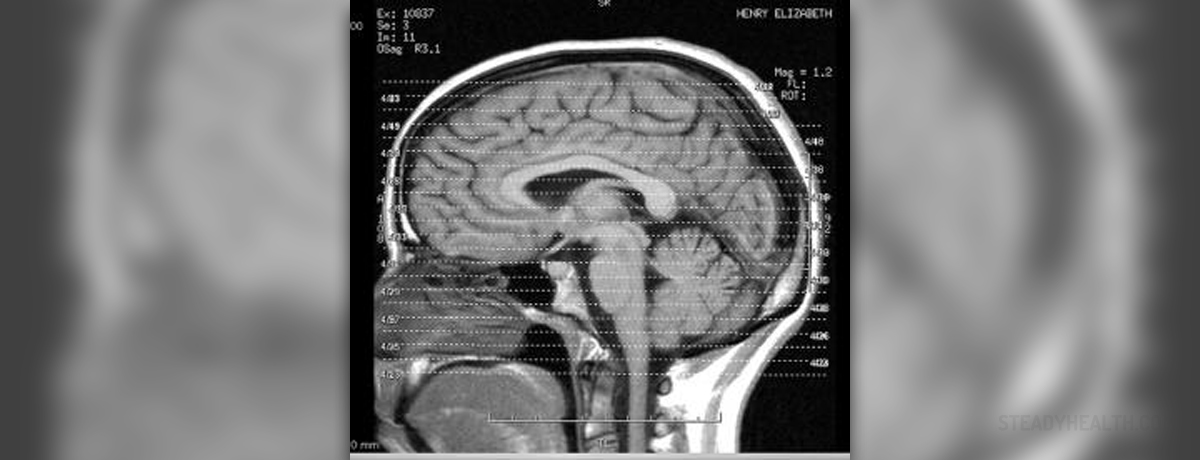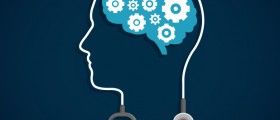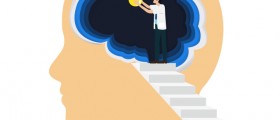
The brain is a very important organ in the body. Even though it is not vital as heart it is in charge with many functions. It controls the entire body, that is, its organs and organ systems.
Brain atrophy, also known as cerebral atrophy, is a common characteristic of many illnesses that affect the brain. It features with a loss of brain cells-neurons as well as the connections between them. In case of generalized atrophy the entire brain is affected while in focal brain atrophy the damage is observed only in a limited area of the brain. If the process affects many parts of both cerebral hemispheres there is an impairment of consciousness and voluntary processes. The loss of neurons leads to numerous cognitive and neurological problems.Causes of Brain Atrophy
Brain atrophy may be related to the process of aging. But apart from the process of aging the condition can be associated with some diseases which lead to premature loss of brain cells. The most frequent medical conditions which lead to brain atrophy are epilepsy, Keans Sayre syndrome, traumatic brain injuries, stroke, brain infections (neurosyphilis, AIDS, encephalitis etc.), multiple sclerosis, cerebral palsy, Krabbe disease, some genetic disorders (for example Huntington's disease), Alzheimer's disease, Pick's disease etc. In some people brain cells are affected by chronic wastage known as cachexia. Brain atrophy is also frequent among people suffering from AIDS.
Symptoms of Brain Atrophy
The condition generally features with dementia. Dementia is a serious loss of cognitive ability and it also affects memory. Patients suffering from dementia are not able to learn, they progressively lose memory and become disorientated. Aphasia is another characteristic of brain atrophy. Aphasia is an impairment of any language modality. This is acquired disorder and it significantly interferes in communication. There are two types of aphasia, expressive and receptive and both of them can be found in patients suffering from brain atrophy. And finally, one more characteristic of brain atrophy includes convulsions.
Treatment for Brain Atrophy
The diagnosis of brain atrophy is set only after specific brain changes have been reported on the MRI of the brain. This imaging method is highly effective in visualization of a variety of structural changes in the brain including loss of brain cells.
The treatment for brain atrophy basically depends on the underlying disease, the patient's age and the type of cerebral atrophy. Apart from medications patients can be prescribed vitamin supplements. The treatment is most commonly symptomatic because, unfortunately, there is no cure able to restore the lost brain cells.

















Your thoughts on this
Loading...